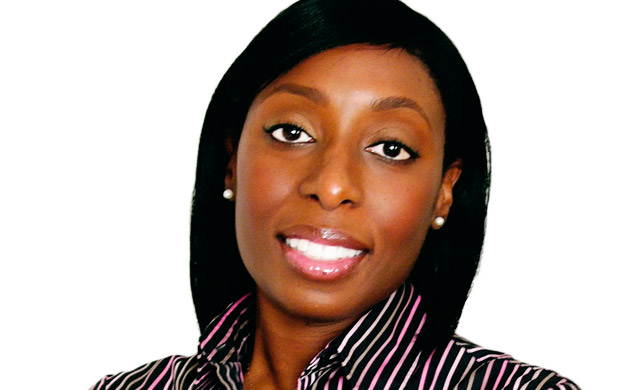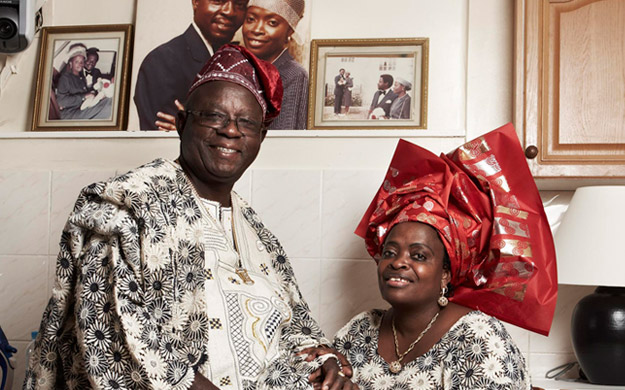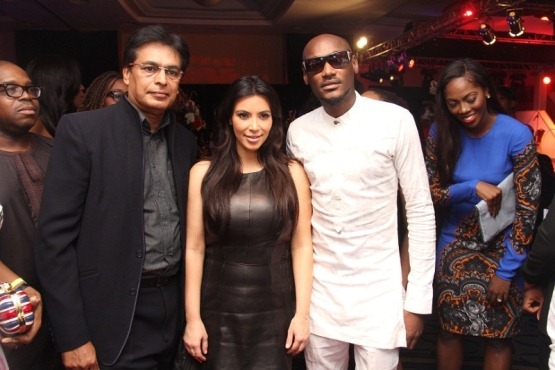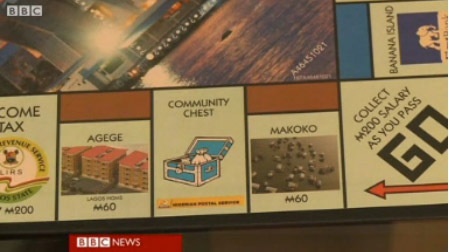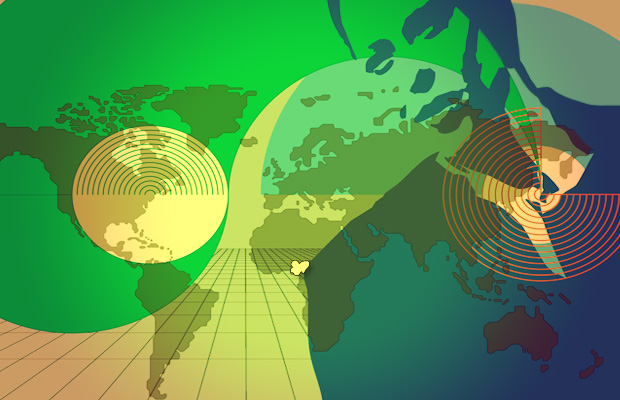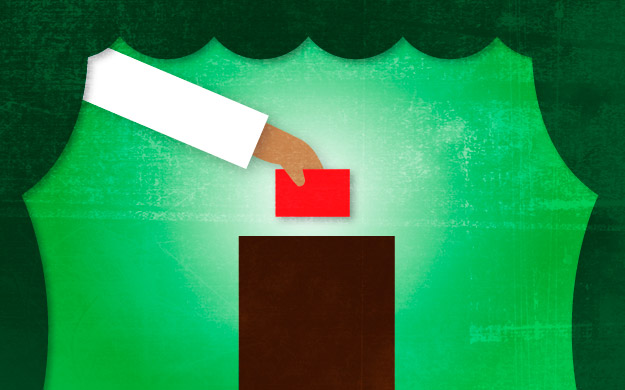
Another Election Year
It’s another election year in the most populous black nation and as Nigerians queue up at polling stations across the country, whatever happens during this election may go a long way to affect the country’s emerging democracy.
According to the Independent National Electoral Commission (INEC) website, the elections are scheduled for April. It is therefore no surprise that ‘election fever’ is gradually gripping the country. President Goodluck Jonathan reportedly reassured Nigerians of his government’s commitment to hold a free and fair election. However, conducting a free, fair and credible election in Nigeria will remain a huge task until poverty is either drastically reduced or eradicated.
Money has been said to play a role in the Nigerian political culture. It is no news that in recent past some electoral officials were found guilty of taking part in election malpractices. It was alleged some years back that at an election campaign rally, supporters were handed loaves of bread stuffed with cash.
The former president, Umaru Musa Yar’Adua, publicly admitted that the 2007 elections which brought him to power, was flawed and that there was an imperative need for electoral reform. It is not impossible to hold a credible election in Nigeria, the annulled 1992 election was said to have been free and fair by many stakeholders including international observers.
The question is; in a country where more than 70% of its 140million population have been reported to live below the poverty line (absolute poverty – living on less than $1 a day), can ‘selling’ of votes be easily eradicated without first eradicating poverty? Probably not! It becomes very difficult for an individual who cannot afford to eat three-square meal a day to turn his back at a handsome cash offer in exchange for his vote. Some argue that many elected politicians know what to do to resolve the problems faced by their constituents, notably, poverty. However, they only pay lip service to poverty eradication because if the menace is eradicated or a welfare state is established (welfare state is the concept of the government playing an important role in promoting and providing for the economic and social well-being of its citizens), then only an insignificant percentage of the electorate and electoral officials will be tempted to take part in election malpractices for financial gains as such corrupt politicians will not realise their political ambitions.
As much as elections are important in the political life and history of any country, what happens after the winners have been declared is equally important. I think one of the yardsticks the electorate use to measure politicians is by comparing their pre-election promises to their actions or inactions after the election. Which is why it’s not surprising that student leaders and several students in England are unhappy with the Liberal Democrats over tuition fees.
The Nigerian government should ensure Nigerians feel secure and are able to go about their businesses without the fear of crime. This is very important in the build up to and during the elections. To ensure a free and fair election it is important that electoral officers who have been indicted by the judicial tribunal for taking part in electoral malpractices are not allowed to officiate at the next election. Also, international election observers should be allowed to engage productively with the Electoral Commission(INEC), the government and civil liberty organisations.
If the next election is free and fair, it will no doubt be a boost to Nigeria’s emerging democracy. However, it is high time we stopped thinking just about the next election but about the next generation.
‘A politician thinks of the next election. A statesman, of the next generation’
I have been wondering lately if one day Nigerians in Diaspora will be able to take part in the political process in Nigeria and be able to vote during presidential elections in their respective countries of residence. Perhaps it’s not a bad idea as it may be a way Nigerians in Diaspora would have an influence on the political life of the country as they already have an economic influence remitting over £5billion annually to the giant of Africa.

